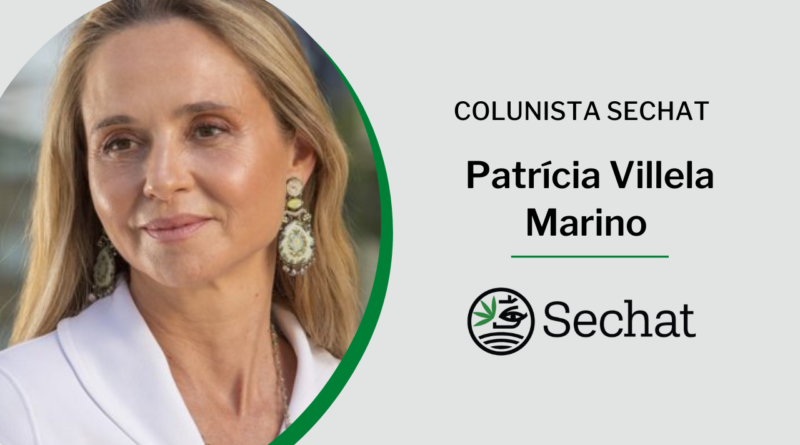Originally published on Sechat’s website
How can the debate on the uses of cannabis be expanded in Brazil?
A survey carried out in July 2022 by PoderData brings us sad news about society’s perception of cannabis: the number of Brazilians who reject its release for medical and therapeutic purposes in Brazil has increased. In January, this number was 26% and is now 37%. Recently on Provoca – a program by journalist Marcelo Tas – Dr. Carolina Nocetti, International Coordinator of the American Academy of Cannabinoid Medicine, said: “cannabis is a communication challenge”.
On the one hand, this increase in rejection is also a reflection of the subject’s greater visibility. There are already products made of cannabidiol and other cannabis derivatives sold in pharmacies and cosmetics stores in the country; there is more debate about cannabis in the Brazilian press and more and more scientists, activists and other interested market sectors are joining the conversation.
The research shows that this rejection decreases amongst the more educated, but, in addition to this data, in general, only 60% of the population support the legalization of medical cannabis, whether among women or men; younger or older; low or high income, from all regions of the country.
Cases such as the state of Colorado, in the United States, which was one of the first to decriminalize the medical use of cannabis, are also an example of the importance of communication for enlightening the population. As also recalled by Dr. Carolina in the conversation with Marcelo Tas, it was the effect posters, with simple and assertive messages spread on the streets of Colorado cities that helped to raise the population’s awareness regarding the legalization of the plant.
Well then: in addition to judicial decisions such as the one in June – in which for the first time a higher court of justice authorized the cultivation of medical cannabis for three people – we must also work on public debate and on enlightening the population, in the broadest possible sense, about the benefits of this treatment.
We already have, as scientist Stevens Rehen recalls, one of the world’s greatest scientific productions on cannabis. We have also discussed in the São Paulo Legislative Assembly, where a series of public hearings of the Parliamentary Front in Defense of Medical Cannabis and Industrial Hemp are taking place, led by Deputy Sergio Victor (Partido Novo) and other deputies.
But the arrival of the subject to the legislature and the judiciary comes much more powerful when the population adheres and debates – with arguments, knowledge, without prejudice.
How to broaden our debate? Here’s an invitation and suggestion.
About the author:
Patrícia Villela is a lawyer, businesswoman, activist, Sechat columnist and president of the Humanitas360 Institute, a non-governmental organization that aims to rehabilitate people who are, or have been, imprisoned.





